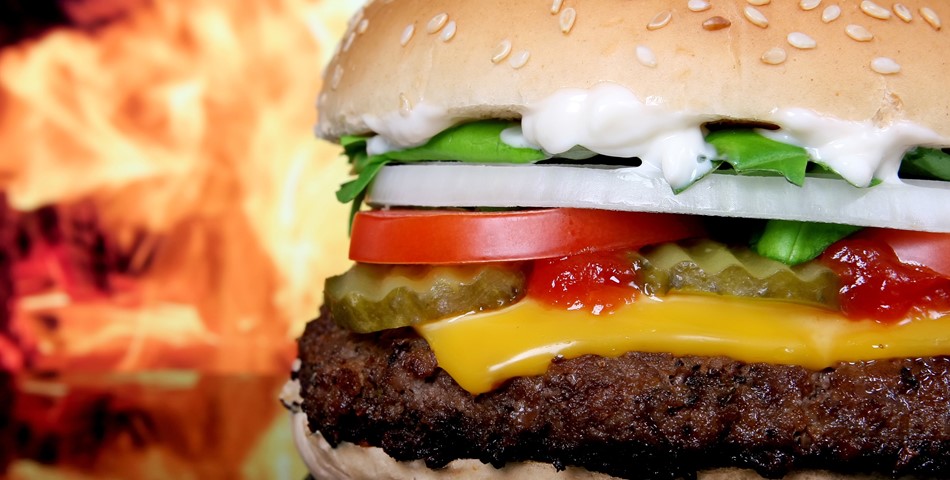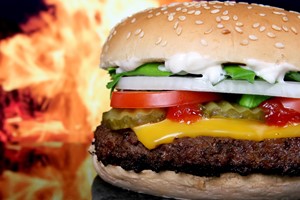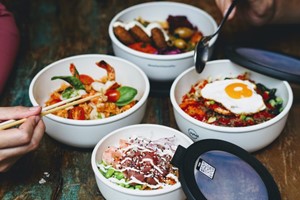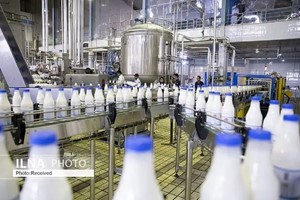Demand preferences have evolved towards premium burgers which has considerably impacted unit prices to rise in fast food as quality becomes the main factor influencing purchase decision-making. With the search for higher quality has emerged the new segment of fast casual, considered as premium fast food in line with the growing interest in proper nutritional balance and healthier diet. Holding a 56% value share in chained fast food in 2016, McDonald's Corp remained the outright leading player in fast food, owing primarily to franchises with USD4.54 billion in value sales, representing 82% of McDonald's Corp's total value sales in France. The player is primarily a franchiser as it allows the delivering of great tasting food adjusted to local preferences. Moreover, the franchise system drives profitability for the operator and gives incentives to franchisees to develop the brand while also benefiting from the financial strength and global experience of McDonald's Corp. Even though McDonald's recorded a loss in fast food value share in 2016 due to external economic factors, the operator is making steady progress in improving the customer experience. According to the company's sources, France is the furthest market in the use of digital, web ordering and self-order kiosks. Furthermore, as part of McDonald's Corp's strategy and in order to differentiate itself from competitors, a loyalty program through a web application was launched in 2016. It offers points which are accumulated at each ordering and which are tradable against free products. Even though this remains limited to a small number of outlets, this experience is the first led by the company worldwide. The second main player in fast food was Quick Restaurants SA with an 8% value share of chained fast food in 2016 to reach USD830 million. This player enjoys a position in high-growing burger fast food, being the main competitor to McDonald's Corp and continues to invest in product innovations and communication despite being cannibalized by Burger King restaurants. With a 7% value share of chained fast food in 2016, Yum! Brands Inc. enjoyed third rank through its brand, KFC. Over the review period, the chicken fast food specialist was not particularly interested in developing in France. In 2016, the company opened 18 franchise outlets reflecting an accelerated development strategy in a context of stronger competition in fast food. Despite being deeply entrenched in culinary traditions, French consumer preferences and eating habits have changed to converge towards fast food. While this phenomenon is not new, the forecast period is not expected to exhibit a reversal. The emergence of millennial consumers becoming a major part of the workforce reflecting higher purchasing power will enhance this trend. Indeed, millennials are the most sensitive to fast food which allows for shorter lunch breaks and better convenience. Fast food is expected to be dynamited by innovative players competing in a highly challenging environment. Supply is diversifying through the introduction of financially solid multinationals such as Burger King and large retailers. In the case of convenience stores fast food, there are huge opportunities for retailers to grow with partnerships aimed at establishing specific corners. These concepts are newly created and are expected to gain increasing successes through the strong competitive advantage of large retailers in terms of costs and customer experience.


Web: www.euromonitor.com














